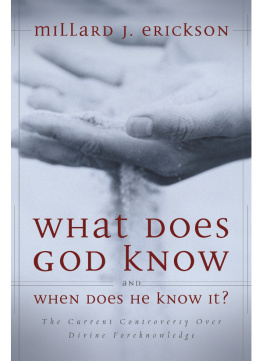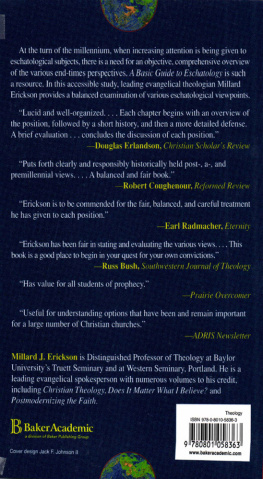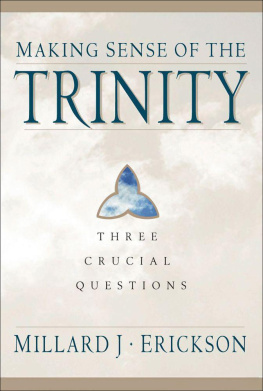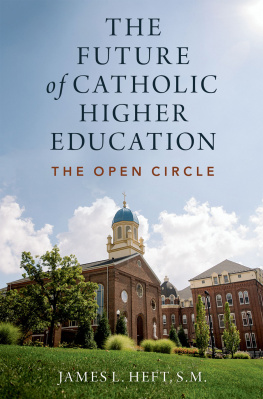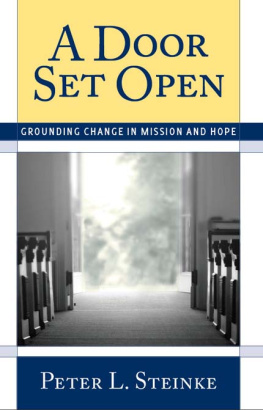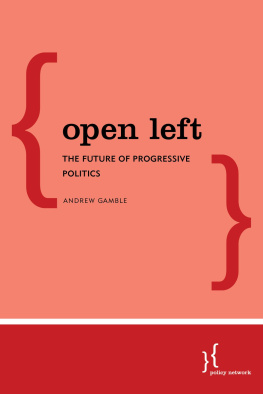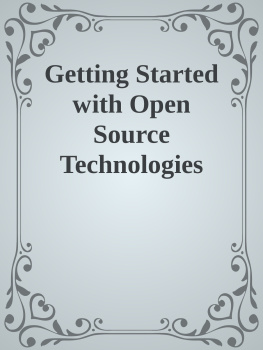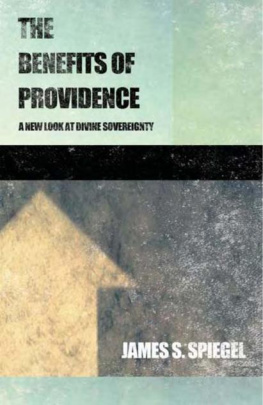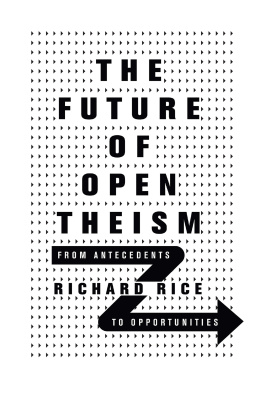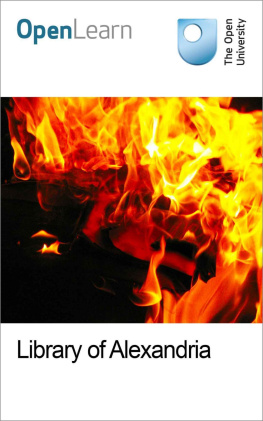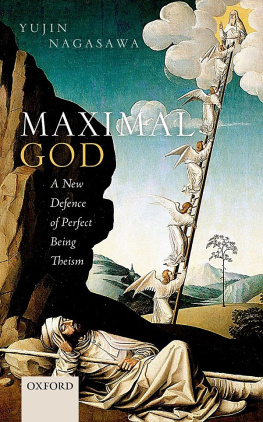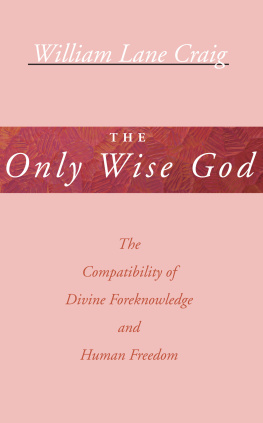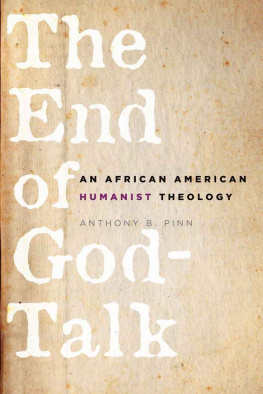Please note that footnotes in this ebook may contain hyperlinks to external websites as part of bibliographic citations. These hyperlinks have not been activated by the publisher, who cannot verify the accuracy of these links beyond the date of publication.
October 8, 2000. Two days earlier my wife and I had attended the Passion Play in Oberammergau, Germany, a town in which we had once lived. We then drove north into Luther country, and on this Sunday morning we attended the worship service in the Town Church in Wittenberg, the church where Martin Luther had preached. After the service ended, I sat there for several minutes, reflecting on what Luther had done. Then we strolled past the university where he had taught, the house where he had lived, and the place where he burned the papal bull. We walked past the statues of Luther and Melanchton, and on to the Castle Church, where he nailed his ninety-five theses on October 31, 1517, and beneath the floor of which he lies buried.
I thought of what the Reformation had meant, how Luther had challenged the established teaching of the church by propounding what appeared to be novel and heretical doctrines but which actually called the church back to its source, the Bible. I asked myself, May it be that a similar reformation is now pressing upon the evangelical church? May the movement called open theism be calling us to abandon traditions that are not really biblically based, in favor of the purer teaching of the Scriptures, long buried under philosophical and theological tradition? Although I had previously studied the movement at some length, I resolved that, with as open a mind as possible, I would again search through the teachings of the open theists, who have claimed that they are indeed calling for a reformation of the churchs theology. This book represents a fresh attempt on my part to explore and answer that question.
My aim in this investigation is to be as fair and impartial as possible. It is important to distinguish between impartiality and neutrality, however. Judges, referees, and umpires are expected to be impartial; they are not expected to be neutral or to refuse to render a judgment. That, after all, is why they are employed. This distinction needs to be asserted again because in todays environment the two are often confused. I will attempt to deal with these issues with an open mind and to listen carefully to the arguments on both sides. I will, however, come to some definite conclusions regarding the relative strengths of two competing views.
This book also grows out of the practical necessity of addressing the debate in a variety of settings. Because the issue has been controversial in the small denomination of which I have been a member most of my life and because of the debate within the Evangelical Theological Society, I have been called on to speak to laypersons, pastors, students, and professors on this subject. Out of these presentations has grown a collection of material that deserves wider dissemination. I have benefited greatly from the comments and questions of those present and have been encouraged to publish this material. Among those occasions were class sessions at Northwestern College, Roseville, Minnesota; Berry College, Mount Berry, Georgia; Toccoa Falls College, Toccoa Falls, Georgia; and Biola University, La Mirada, California; theological and pastors conferences at Mundelein, Illinois; Edmonds, Washington; Detroit, Michigan; Tuolumne, California; Hyderabad, Bangalore, and Madurai, India; Tokyo, Nagoya, Hamamatsu, Kobe, and Sendai, Japan; church services at Bloomington Baptist Church, Bloomington, Minnesota; Trinity Baptist Church, Maplewood, Minnesota; Berean Baptist Church, Burnsville, Minnesota; and Quamba Baptist Church, Quamba, Minnesota; as a lecture at the Remaking the Modern Mind conference at Union University, Jackson, Tennessee; as a lecture to the Orthodox Faculty of Theology at Sofia University, Sofia, Bulgaria; and the Deere Lectures at Golden Gate Baptist Theological Seminary, Mill Valley, California.
To many pastors, laypersons, and students, this controversy has proved rather bewildering. Wanting to remain true to the teaching of the Bible and also desiring to avoid unnecessary controversy, they have found themselves uncertain what and whom to believe. This book is a small attempt to clarify the issues and guide toward some answers.

We serve a good and wise God. It is my prayer that this book will contribute to readers coming to know God better and loving him more.
Introduction:
Whats This all about?
Both in popular culture and in conservative Christian circles, a certain idea of God is held, whether it is believed that he exists, as the latter group holds, or whether that question is open, as is generally the case with the former view. The very idea of God seems to include that he is able to do all things and that he knows everything. In these respects, he is different from, and superior to, human beings, and this is in fact the point of having a god: that he is capable of doing, and doing for us, the things we cannot do. The very expression, the Almighty, is one indication of this widespread conception. Generally, the belief that God knows everything includes the dimension of knowing the future as well.

